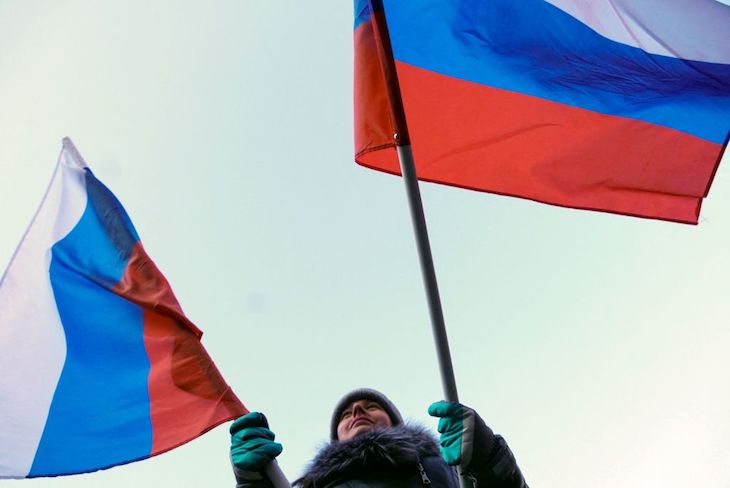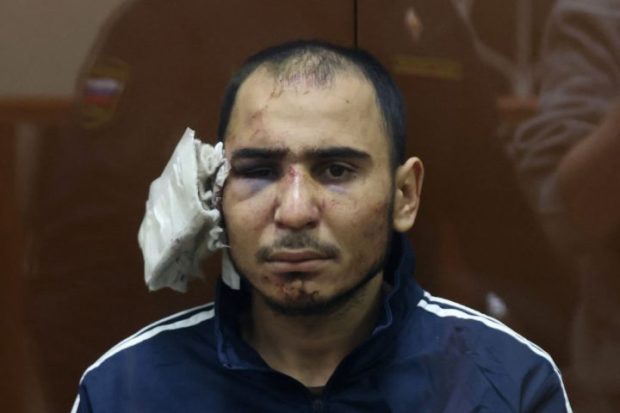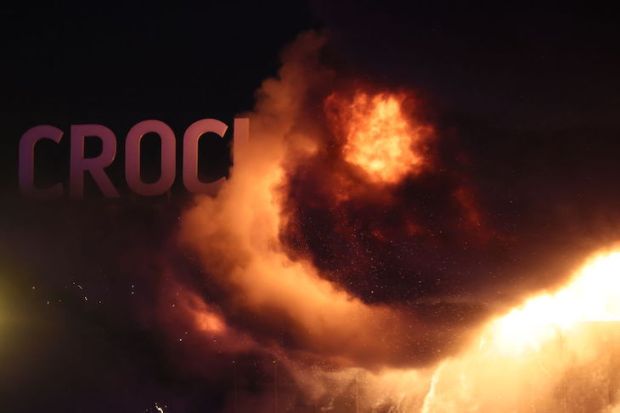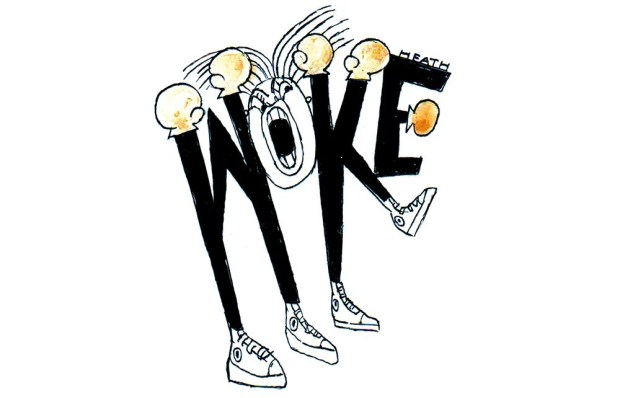When I tell people in England I’ve just returned from several years abroad and they find out the country was Russia, it is a real conversation stopper. Their minds short-circuit, they seem to gulp in front of you. What question do they ask next? Do they mention the war? Talk about Tolstoy?
‘Ah… Interesting,’ one woman said to me finally, as though looking at someone’s awful etchings and wanting to be polite. ‘That must have been…difficult for you,’ said another. How can I get across to them that, before February last year, it might have been ‘interesting’ but wasn’t difficult at all?
It’s depressing when a country you have warm memories of develops a poisonous reputation, and even sadder when that reputation has been earned. Russia is now the country which invaded Ukraine. Which flattened Bakhmut. Which raped and murdered its way through Bucha and Irpin. Which attempted to inflict a lightless, heatless winter on its neighbouring ‘brother’ country, and caused an environmental catastrophe by blowing up one of their dams. This is now the country’s image, and you might well say they have no one else to blame.
Yet even before the war, people thought it a strange choice to live there. Russia, outside Moscow and St Petersburg, is hardly a holiday destination, and outsiders – unless they watched Bald and Bankrupt’s YouTube channel – had few images to enlighten them.
Memories of those happy years in Russia are slowly dying
Returning to England I would get strange questions from people. Were there any bars or restaurants in the city? Yes, you could barely move for them, and could probably eat in a different one every night for a year.
Were there supermarkets, shopping malls, cinemas and art galleries? Yes, yes, and yes. Then was there, they asked, terrible crime in Rostov? Was it terribly dangerous? It might well be, I said, you certainly heard stories – but I had never been mugged, burgled or threatened myself and felt safe, whether rightly or wrongly, walking the streets at night.
My interlocutors would stare at me as if I were lying and about to break in front of them. ‘Okay, okay…there are no bars and restaurants there. Nobody speaks to each other except in whispers. Friday nights the streets are empty, but maniacal laughter emanates from the broken windows of derelict houses. Everyone is drunk from morning to evening and we get all our food – mostly potatoes, cabbages and moonshine – from the local farmer. And all day, every day, I am followed around by my own personal FSB spook named Nikita.’
They would have believed this far more readily than the shocking truth: that one was able to live a fairly normal life there and that – even worse – you might actually prefer some things to how they were done back home.
Where, until this last, nightmarish year, had the images of Russia come from? One could probably compile a list. Putin’s shadowy, sinister game of three-dimensional chess. Assassinations of journalists and opponents. Dead oligarchs in Berkshire whose deaths might be down to suicide or what the police call ‘foul play.’ Grotesquely rich billionaires who opened up vulgar Mayfair restaurants which no normal person could ever afford to dine at or would ever wish to. Shady Russian émigrés palling up to the British government. Stories of vodka, crime, prostitution and the appalling regularity of calamitous events: the Beslan school siege, the Chechen occupation of the Dubrovka theatre, and the police’s tragically ham-fisted handling of both.
And reaching further back, perhaps, the washed-out televised menace of May Day Parades, the heavy solemnity of Tarkovsky films, or those old BBC dramas featuring RSC actors doing ‘Rarrrssian’ accents, in which every line of dialogue had a solemn, do-or-die significance, no one ever cracked a smile and the sun mysteriously never seemed to shine. If you had no knowledge of the people or daily life there and nothing to counter these images, they were the facts of Russia. So much did people regard it as the vast, unhappy human vacuum of the planet that, when the World Cup took place in 2018 and the television showed scenes of Russians enjoying themselves and having a good time, foreigners were floored by it.
‘I do wonder,’ wrote the Guardian’s Shaun Walker, ‘if us foreign correspondents could have done a better job of explaining the country.’
Just as the Poles always recalled the summer immediately preceding the Second World War as an especially idyllic one, your memories of the times before February last year have a dreamlike quality. I remember an August day when time seemed to stop, when my daughter and I chased each other round the park with water-pistols and ended up throwing a football about with a local family for hours. Nearby a student busker was playing Oasis songs, the pretty girl with him collecting money in a hat. Closer to the end, there were sledging-bouts in the park, a Beethoven season at the local Philharmonic, or the annual routine of skidding around the Central Market in the snow assembling products for a British Christmas lunch.
Life hung together: it made sense and was reassuringly uneventful. We spoke about mortgages and car-brands, about which schools we could get our kids into, and whether we’d need to pay a bribe (in the event, we didn’t). We watched Masha and the Bear cartoons on television, humming the tunes of its songs, caught a marshrutka minibus to the local shopping mall and killed a day shopping at Ikea. Characteristic of these things was their seeming limitlessness – there was no logical reason, it appeared, they shouldn’t go on this way forever. How could we not have known what was coming?
I am not in touch with many people from those four years now. Along with categorically bust-up friendships over the subject of the war, there is a limbo most have slipped into. You don’t get in touch any more and it feels awkward and forced if you do. They don’t know what you really think of them, and you – after 18 months of concentrated anti-Western propaganda – don’t really know what they think of you either. War has come between us all and can’t really be discussed. It has designated us enemies and obediently, we fall into line.
I have plenty to remind me of those four years in Russia – two lovely cats, dragged back through the Caucasus to England; a half-Russian daughter; one or two dear friends who have stayed the course and grow more valued each week. But memories are slowly dying. The official, Western version of Russia, helped along hugely by the Kremlin, is reasserting itself. Rostov – which once seemed to have all the colours of the rainbow – is starting to fade behind dust-clouds. I am beginning to forget, or misremember, not just the names of streets or shops, but a daily atmosphere, a whole world, a reality just as cogent as it is elsewhere. And this bothers me, for if even those of us who have experienced the better side of Russia cannot bear witness to it, what hopes of patching up the world and finding a fragile goodwill when the current madness loses its momentum and sputters to its inevitable, ignominious end?
Got something to add? Join the discussion and comment below.
Get 10 issues for just $10
Subscribe to The Spectator Australia today for the next 10 magazine issues, plus full online access, for just $10.




















Comments
Don't miss out
Join the conversation with other Spectator Australia readers. Subscribe to leave a comment.
SUBSCRIBEAlready a subscriber? Log in